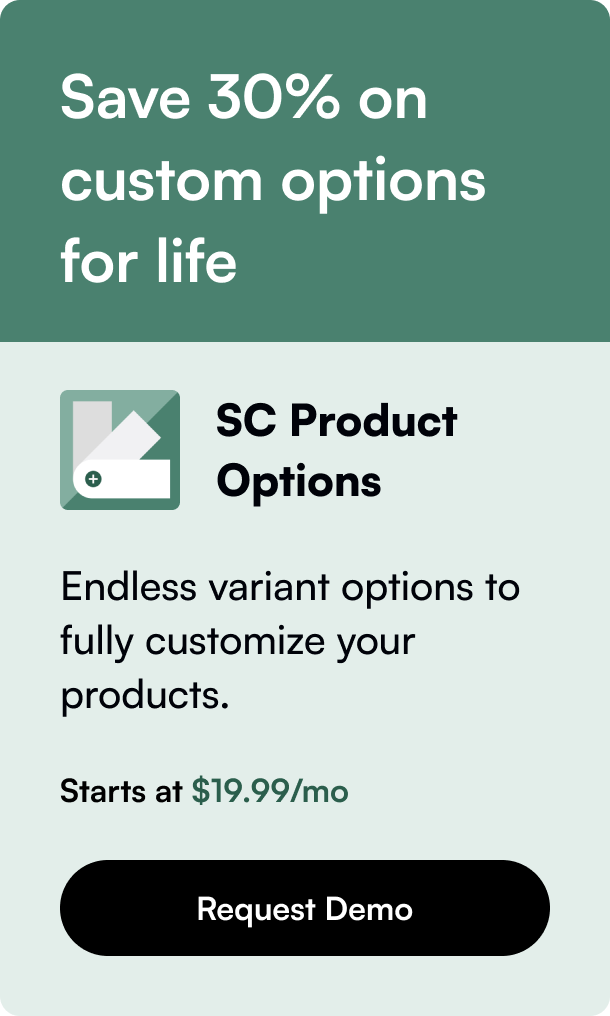Table of Contents
- Introduction
- Business Ideas for Booksellers
- Competing with Massive Booksellers
- Glossary of Key Publishing Terms
- Developing Your Book Brand
- Financial Planning and Funding Options
- Pricing Strategies for Books
- Bookselling Business Models
- Sourcing Books
- Setting Up Your Online Store
- Marketing Strategies
- Logistic and Inventory Management
- Conclusion
- FAQs
Introduction
Have you ever dreamed of turning your love for books into a thriving business? Imagine a life surrounded by literature, delivering the joy of reading to countless others. The online bookstore business offers unique opportunities, even in a market dominated by retail giants. Niche online bookstores excel at providing personalized customer experiences that massive retailers often cannot.
This guide will help you navigate the journey of launching your own online bookstore. We'll cover everything from sourcing books to selling them online, whether you want to start a book resale business or self-publish and sell your creations. By the end of this article, you'll have a clear roadmap to transform your passion for reading into a sustainable and profitable venture.
Business Ideas for Booksellers
Diving into the book market requires creativity and a unique selling proposition. Here are several approaches you could take:
- Traditional Bookstore: Offer a wide range of genres to cater to diverse tastes.
- Niche Bookstore: Focus on specific interests, such as books by minority authors or about underrepresented communities.
- Subscription Boxes: Curate themed book boxes; each could include items that complement the book’s theme, enhancing the reading experience.
- Rare and Collectible Books: Specialize in selling vintage, antique, or hard-to-find books.
Successful booksellers have carved out niches by focusing on specific communities or themes. For instance, Itty Bitty Bookstore's Dominique Lenaye concentrates on books by and about underrepresented people, building a loyal customer base.
Competing with Massive Booksellers
While competing with giants like Amazon might seem daunting, small businesses have unique advantages. Independent bookstores can offer personalized experiences and cultivate a strong community feeling that large retailers struggle to achieve.
Focus on your unique strengths. Whether it’s offering a carefully curated selection, exceptional customer service, or a community-focused approach, these qualities can help differentiate your bookstore from the competition. Dominique Lenaye, for example, chooses to concentrate on her community and the unique experience her store provides, without fixating on competing with big-box retailers.
Glossary of Key Publishing Terms
As you embark on your bookselling journey, familiarizing yourself with industry terminology is essential:
- Advanced Reading Copy (ARC): Pre-publication copies circulated to reviewers and buyers.
- Antiquarian Books: Rare and collectible books.
- Backlist: Older publications still in print.
- Book Distributor: Companies that warehouse books and sell to retailers.
- ISBN: A unique identifier for books used in inventory management.
- Print on Demand (POD): Books printed only as orders come in, minimizing inventory.
Understanding these terms ensures smoother interactions with publishers and distributors, and better inventory management.
Developing Your Book Brand
Creating a distinct brand is crucial. Start by writing your brand story, which should include:
- Your Personal Journey: Why you decided to start this business.
- Mission Statement: Your business goals and the values that drive you.
- Brand Personas: Identify your ideal customer to tailor your branding efforts.
Once your brand story is clear, work on developing your visual identity, including your logo, packaging, and overall aesthetic, ensuring consistency across all platforms.
Financial Planning and Funding Options
The costs associated with starting a bookstore vary widely:
- Online Bookstore: Requires investment in inventory, software, and marketing. Initial costs can be as low as a few hundred dollars for dropshipping or POD models.
- Brick-and-Mortar Store: Requires a more significant investment for rent, inventory, and utilities. Costs can rise to $20,000-$30,000 for a small storefront.
Consider various funding options, from bank loans and venture capital to crowdfunding platforms like Kickstarter. Craft a detailed business plan to outline your financial needs and strategy, making it easier to attract potential investors.
Pricing Strategies for Books
Your pricing strategy will influence your competitiveness and profitability:
- New Books: Generally follow the publisher’s list price. Discounts may be available from wholesalers or publishers.
- Used and Vintage Books: Pricing depends on factors like rarity, demand, and condition. Research comparable sales to set appropriate prices.
Independently owned bookstores often cannot compete with larger chains on price alone, so focus on providing value through exceptional service and unique offerings.
Bookselling Business Models
Self-Publishing Your Own Books
Self-publishing allows authors to retain creative control and earn higher royalties:
- Print on Demand (POD): Reduces risk by printing books only when orders are placed.
- Ebooks: Low cost to produce and distribute.
Success stories like HexComix demonstrate the empowerment of creators who self-publish, maintaining creative freedom and financial control.
Selling Used and Vintage Books
Used and vintage bookstores appeal to the eco-conscious and those looking for unique finds. Sourcing can come from estate sales, thrift stores, or direct purchases from individuals. Though managing a large inventory of one-of-a-kind items can be challenging, it allows for specialized offerings that can attract a dedicated customer base.
Sourcing Books
Books can be sourced directly from publishers, distributors, or wholesalers:
- Publishers: Establish relationships to get early ARCs and better terms.
- Distributors and Wholesalers: Simplify inventory management and often offer better prices for bulk orders.
Building strong relationships with publishers can also lead to perks like special author editions or promotional support.
Setting Up Your Online Store
Platforms like Shopify make setting up an online bookstore user-friendly. Here are essential steps:
- Choose a Theme: Select one that reflects your brand and customize it.
- Set Up Payment Gateways: Ensure a seamless shopping experience for customers.
- Inventory Management: Use apps like Stocky or Thrive to keep track of your stock.
Getting your website live pre-launch can help build anticipation and attract early customers.
Marketing Strategies
Effective marketing is essential for attracting customers:
- Social Media: Engage with potential customers and build a community.
- Email Marketing: Cultivate a list of interested readers to keep them informed about new releases and promotions.
- Content Marketing: Blog about books and related topics to drive traffic and improve SEO.
Utilize multiple channels to reach a broader audience and maximize your visibility.
Logistic and Inventory Management
Managing your inventory efficiently is crucial for a bookselling business:
- Third-Party Logistics (3PL): Can handle warehousing, packing, and shipping, allowing you to focus on growth.
- Inventory Management Apps: Tools that sync across all sales channels to keep stock levels accurate.
Scaling your business might involve additional hires and partnerships to handle operational tasks efficiently.
Conclusion
Starting an online bookstore can be highly rewarding, marrying your passion for books with entrepreneurship. Focus on a unique niche, build strong industry relationships, and maintain exceptional customer service.
By following these steps, you can differentiate your store, create a loyal customer base, and turn your love for reading into a successful business.
FAQs
How do I start an online book business?
- Identify your niche.
- Create a business plan.
- Source books from publishers, distributors, or wholesalers.
- Set up an online store using platforms like Shopify.
- Market your store to attract customers.
Do online bookstores make money?
Yes, with the right strategy. Identifying a unique niche, offering personalized service, and employing effective marketing strategies are key to competing with larger retailers.
How much money do you need to open a bookstore?
The amount varies. An online store might start with a few hundred dollars, whereas a physical store might require $20,000-$30,000 for a small storefront.







